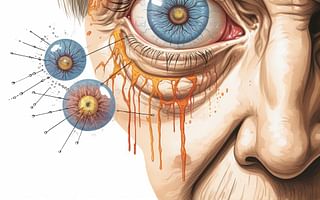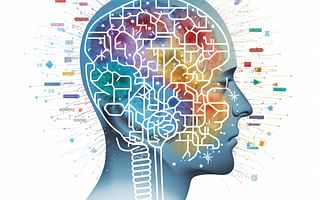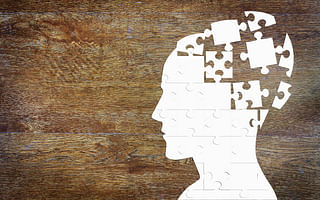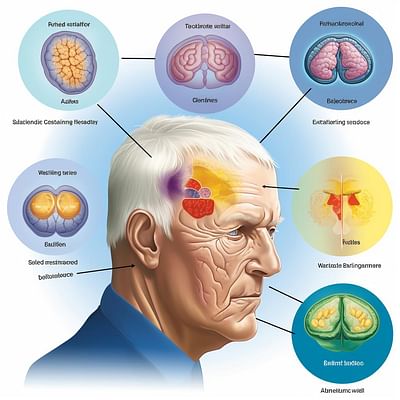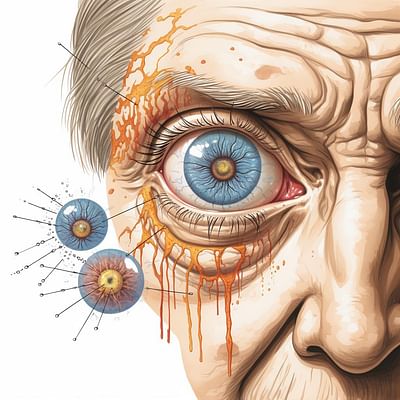Understanding the Connection between Frontotemporal Dementia and Eye Symptoms
Understanding the Connection between Frontotemporal Dementia and Eye Symptoms
Living with frontotemporal dementia can be challenging, not only due to memory loss but also because of the potential impact on vision. Our interactive quiz above provides some insights into the connection between frontotemporal dementia and eye symptoms, and how to manage these symptoms effectively. But let's delve deeper.
Frontotemporal dementia, as we explore in our comprehensive guide on the 7 stages of frontotemporal dementia, can manifest in many ways, including behavioral changes, language difficulties, and indeed, visual problems. These visual disturbances can range from blurred vision and photophobia to difficulties interpreting visual information, and even visual hallucinations.
Regular eye tests are essential in managing these symptoms. They can help detect any changes in vision and adapt care accordingly. But it's not just about medical intervention. Simple adjustments at home can make a significant difference. For instance, ensuring adequate lighting can reduce the risk of falls and confusion, enhancing safety and comfort for the person with dementia.
Visual aids, like large-print books and high-contrast items, can also be beneficial. As our quiz highlights, these aids can help maintain independence and quality of life. But why is this the case? Well, they make it easier for the individual to engage with their environment, reducing frustration and promoting a sense of normalcy. To understand more about how dementia affects daily life, you might find our FAQ on why dementia patients often misplace items illuminating.
Understanding the connection between frontotemporal dementia and eye symptoms is just one aspect of dementia care. To gain a broader perspective, explore our other resources, such as the article on the link between tinnitus and dementia or our FAQ on the initial symptoms of dementia.
Remember, every person with dementia is unique, and their experiences will vary. As caregivers, our role is to provide the support they need, adapting to their changing needs and ensuring they live with dignity and comfort. Knowledge is power, and the more we understand about dementia, the better equipped we are to provide that care.

